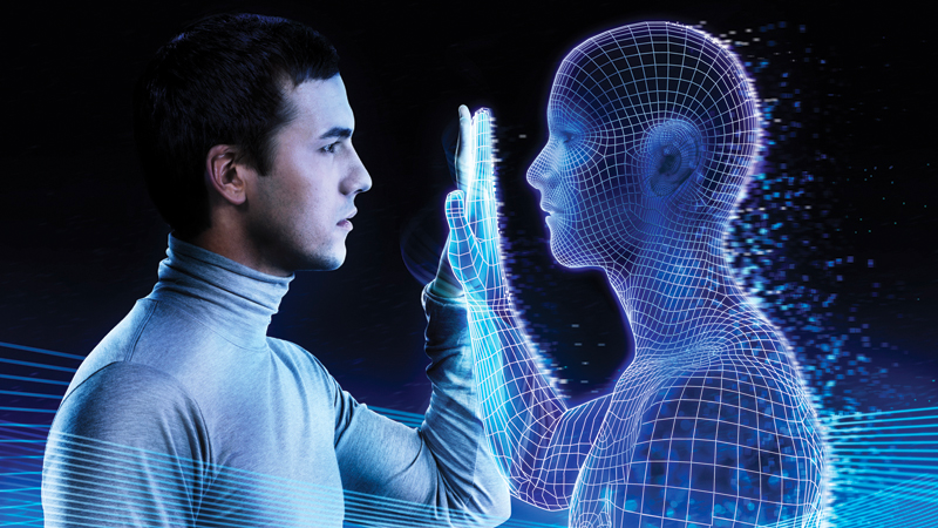What is it?
The tech and pop-culture topic of the day is metaverse. Recently made visible to a broader population by Facebook name change, metaverse evokes a vast panorama of big topics. What is a metaverse? Old stuff in a new package? A video game? Internet 3.0? The word itself is a portmanteau of “meta” and “universe.” Smog (smoke and fog) is one of oldest and most used portmanteau if you’re interested.
There is a fair bit of new vocabulary here, it's key to have a common frame of reference for our mutual understanding.
Is it
- The Metaverse?
- A metaverse?
- When is it capitalized?
The proper spelling and way to discuss it is bullet #2. Only proper nouns are capitalized, and since metaverses can be created by any business or natural person there are multiple. As with any other noun, it would be of the form “Facebook’s metaverse,” “The State of Washington’s metaverse,” “or “I’m using this school’s metaverse to learn about cooking.” It’s capitalized when it’s part of a formal name, “The Writer’s Metaverse”.
A metaverse is an immersive intersection of digital assets and methods to interact with an environment (software agents or programs) and/or other people. The interaction takes place in a purely digital environment. Metaverse environments are evolving, I’ve categorized them as:
- Shared Experience (SE)
- Everyone experiences the same thing in relatively the same way
- This is useful in classroom or virtual tour settings where everyone sees the same Van Gogh painting and hears the same lecture
- Subjective Personal Experience (SPE)
- An individual’s experience which is a tailored personal environment
- You have interactions that are highly customized for you. Experiences or offers (e.g., targeted ads) are meant for your real or inferred preferences
- Think of it a personalized curriculum at a school
- Contextualized Experience (CE)
- Your personal experience varies from immersion to immersion. Your records and digital assets, identity if you will, remain with you. More on identity later
If the above sounds akin to forms of gnosis (the Greek word for knowledge); Unverified Personal Gnosis, Shared Personal Gnosis, or Verified Personal Gnosis, you are not wrong. In future articles I’ll relate the concepts as well as the social and psychological effects of prolonged immersion in a metaverse.
Additionally, in popular fiction (e.g., The Matrix, Ready Player One, William Gibson’s Cyberpunk novels) a metaverse is generally represented as a dystopian and/or escapist nightmare.
How can you recognize a metaverse?
We can apply tests to differentiate a metaverse from any other online portal. A metaverse must be:
- Persistent
- Each time you enter the ecosystem it has the same look and feel
- Upon re-entry you carry on from the checkpoint or bookmark of where you left off
- Your assets and identity remain intact each time you enter and leave
- Consistent
- The metaphors used to render objects and actions are internally consistent Every person experiences the same type of action and activity in the same way
- Each metaverse may have different and/or incompatible rules with other ecosystems. In-world it is always the same for everyone
- Complementary
- It is a purely digital extension of the real-world
- This also applies to digital overlays of an augmented reality experience
Electronic versus Digital
Since vocabulary is important… When we say something is digital, we mean it was created and remains in a purely online format. This is also essential to the understanding of cryptocurrency and blockchain. More precisely a digital item, signature, or document has:
- Traceability
- You can prove the authenticity of the asset(s) and its source
- Non-repudiation
- Ensures that that the asset has not been tampered between source and destination
- Validity
- Identity and claims (e.g., this is worth $23) of the asset are verified
Entering the unique number of a physical gift card into an online account is an example of electronic transfer. The certificate acquired from your web hosting provider, to prove your website has security, is digital.
Digital Twins
Images of holographic perfection immediately spring to mind. Idealized 3D representation of our bodies, evocative clothing, and perhaps add-ons like wings or glowing eyes make the avatar complete. Those will emerge and evolve over time. Today basic avatars are quick and easy to do. If you’ve ever been on
SecondLife you know how easy it is to set up one. It’s an immersive online experience and has had a rich ecosystem for more than 15 years. There are thriving businesses for clothing and other decorations. One of my girlfriends liked to buy us matching and seasonal outfits.
Where are we today, and what’s practical for the larger business world? Digital wallets, such as those used for cryptocurrency provide the basis for a digital twin. Regardless of how you present in the digital world, a digital twin contains your identity and things that are true and verifiable about you. It has:
- Identity
- Who you are
- Assets
- What you have
- Properties
- What you are
You will always be consistent and persistent in a metaverse via your digital twin. It’s foundational to making the ecosystem work. Examples of digital twin components have been in play for some time. MIT has issued digital diplomas on the blockchain since 2017. Since 2012, the Estonian government (RIA - Information Systems Authority), has secured and presented digital identity via blockchain. Getting this part working well and easily for broader populations is
essential to adoption and acceptance of a metaverse.
Where do we go from here?
Our three takeaways:
- Metaverse definition
- Test to identify a metaverse
- What are digital twins?
It is early days of metaverse business models, processes, and technologies. There are many open questions and skeptics have valid concerns. The same was true about blockchain, and the Internet before that. It’s why I wrote this blog posting several years ago “Why I am Long on Blockchain.”
I am writing a series of topics and discussions as I did with blockchain and cryptocurrency about this emerging industry. Watch this space 😉 Please share your experiences, thoughts, products, and services with me. You can
write to me here.
Onward.
#metaverse #virtualreality #augmentedreality #blockchain #cryptocurrency

